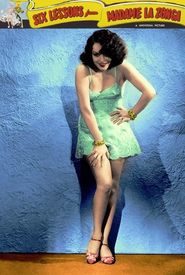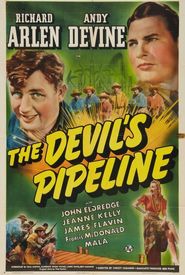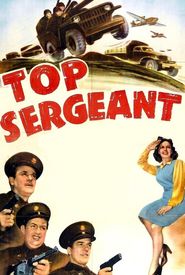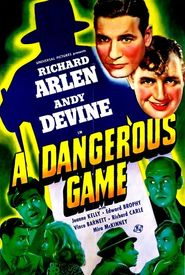Larry Rhine was a prolific comedy writer who thrived during the golden age of radio, television, and film. With a fifty-year record as a television staff writer, he contributed to top-rated shows such as All In The Family, Red Skelton, Bob Hope, Mr. Ed, Here's Lucy, Oh Susanna, and Private Secretary.
Born in San Francisco on May 26th, 1910, Rhine was a third-generation San Franciscan. He received his BA from the University of California, Berkeley in 1931, where he was captain of the renowned debating team that traveled the world, defeating teams as far away as China.
After college, Rhine began his career in radio at KGB in San Diego alongside Art Linkletter, as a writer, announcer, and director. He continued to work in radio as a writer for some of the top shows of the day, including Ben Bernie (The 'Ol Maestro),Life Of Riley, G.E. Theater, Colgate Comedy Hour, and Duffy's Tavern, where he met his wife, actress Hazel Shermet.
In 1936, Rhine transitioned to screenwriting for Universal Pictures and Twentieth Century Fox. His credits include Chip of the Flying U (1940),The Devil's Pipeline (1940),The Leather Pushers (1940),A Dangerous Game (1941),and Six Lessons from Madame La Zonga (1941). During this time, he was also hired to create numerous musical shorts from leftover sets of feature films.
A serious war assignment found Rhine as Chief of the Philippine Division, Office of War Information, for all shortwave broadcasts. He helped set up General MacArthur's famous "I Shall Return" speech, although he felt it should have been "We Shall Return." Rhine received many citations, including one from President of the Philippines Manuel Quezon and Foreign Minister Carlos Romulo, along with countless letters of gratitude from the Philippine people.
During his years as a television writer for All in the Family (1971),Rhine received two Emmy Award nominations, a Writers Guild Award, a Humanitas Award, a Golden Globe, and a Heartfund Award. He was also a Trustee to the Producer-Writer's Pension Plan L.A. from 1960 to 1970, serving as Chairman in 1968. In 1974, he received the Founders Award, and in 1980, he received the Producer-Writer Pension Plan Founders Plaque.
Rhine was a member of both the Academy of Television Arts and Sciences and Pioneer Broadcasters, receiving the Pioneer Broadcasters Diamond Circle Plaque. In 1999, he was filmed as part of the Television Academy of Art and Sciences Archive of American television. During his semi-retirement, Larry and his wife Hazel were travel journalists, sharing their international travel stories on the front page of travel sections in major national papers throughout the United States and Canada for over nine years.






















